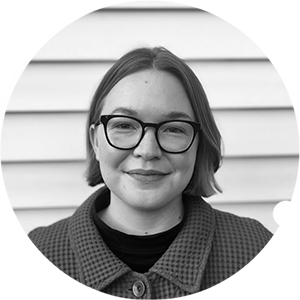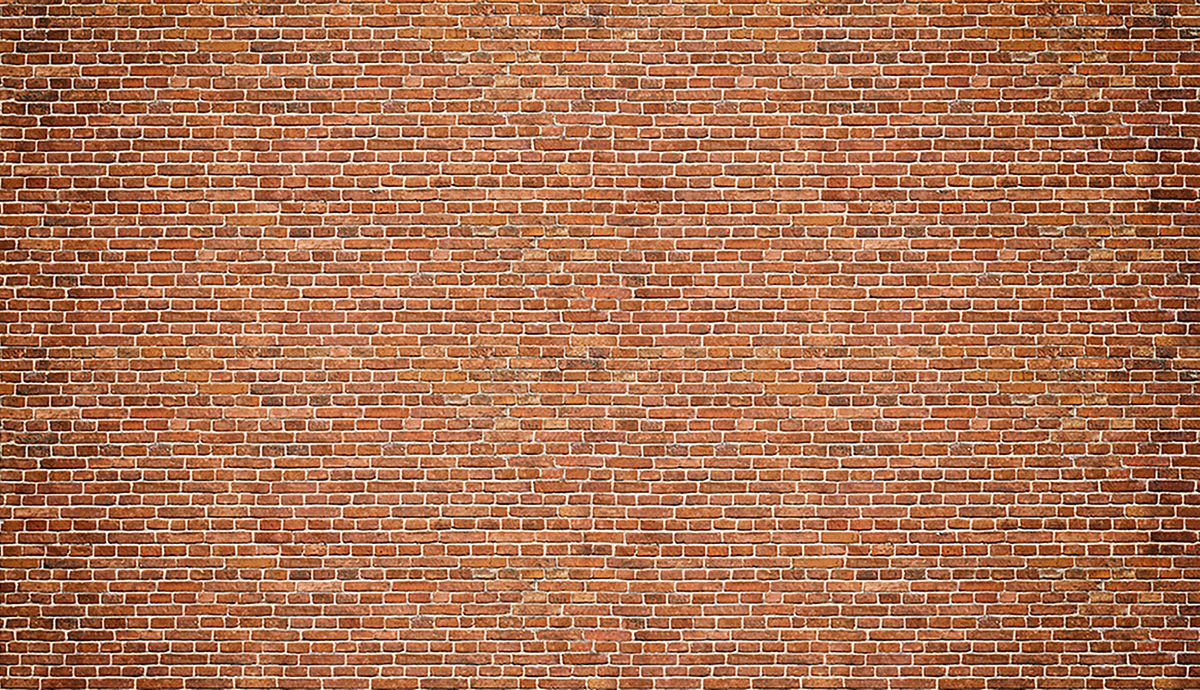I heard they found her shoes under her desk, I hear the students say when they walk in, but I pretend I don’t. There’s a lot of pretending in teaching—but no one tells you that.
I heard it too. In fact, I saw it: the empty desk, her mug of lukewarm peppermint tea, the attendance page frozen on her monitor. Attendance was taken but not submitted, so I reached around the desk, like her body was still there, and hit “submit.”
I pretend I can’t hear them talking about her disappearance because I know it makes them anxious. We teach them what to be worried about, so it’s important to know when to make their fears real and when to protect them from those fears. No one can tell you how to decide though—in that way, we’re all on our own. But all this vanishing, worse this year than any other year—300,000 of us, gone—it makes me anxious too.
I know it doesn’t really matter if I talk about it though, they see it on the news. The keys found in the classroom door, an empty spot on the sidewalk where someone used to say good morning as they stepped off the bus, the projector paused on that photo of the Dust Bowl—the one that we show every year—where a massive dark cloud sits behind a row of small wooden houses in such a way that you might think a bomb had just been dropped, if you didn’t know what you were looking at.
Some of them have even seen it happen in real time, like the kids in the 8th grade Earth Science class upstairs. She had just sat down to take attendance–and then she was gone! They all tried to tell me at once while crowding around me. They still sometimes forget about things like personal space. I could see they were kind of excited about it, like so many of us are in moments of catastrophe. We look around, who might be next? I picked up a rock on her desk, to remind myself that I was still there, then I put it down.
What are we supposed to do? Someone says to no one in the faculty meeting later that day. What are we doing here? Another asks like they were dropped here by mistake. I look out the window. I feel my chair holding me, the floor underneath the chair, the foundation under that, then the soil, some of the oldest dirt in the world. Five hundred million years old. I look outside. These rounded mountains are more impressive when you remember how old they are, the Earth Science teacher told me when I first got here. What did these mountains look like then–so long ago? I say to no one. What I’m really wondering: what will they look like in 100 years?
When I can tell that my students are collectively losing a grip on their own materiality, I tell them to run to a wall and push on it as hard as they can for five seconds. I ask them to find the color blue in the classroom and yell it out. We hold up our hands and count down from five.
Push against the wall. See that it doesn’t move.
Push against the wall. See that it doesn’t move.
Push against the wall. See that it doesn’t move.
I’m trying to keep them from their own kind of disappearance. That’s part of teaching— but no one tells you that.
It feels impossible sometimes, someone says at the end of the meeting. What does? All of it. No one knows what to say so no one says anything.
I place my hand on the brick wall next to me, under a student’s paper mosaic of Mothman. He’s either flying into or out of the mountain range. I’ve looked at this piece of art in every faculty meeting for the last three years—I still can’t tell.
Push against the wall.
Push against the wall.
Push against the wall.
See that it doesn’t move.
 Abby Waters holds an MFA from the University of Idaho. Her fiction and nonfiction have appeared and are forthcoming in 805 Lit & Art, The Pinch and Driftwood Press. She lives, writes, and works as a Middle School Reading Teacher in Southwest Virginia.
Abby Waters holds an MFA from the University of Idaho. Her fiction and nonfiction have appeared and are forthcoming in 805 Lit & Art, The Pinch and Driftwood Press. She lives, writes, and works as a Middle School Reading Teacher in Southwest Virginia.


